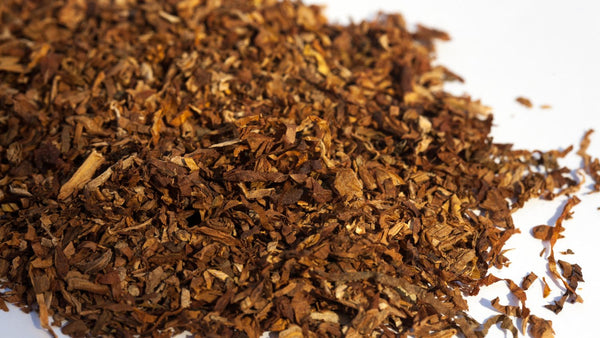As the autumn leaves begin to paint our yards with vibrant hues of orange, red, and yellow, it's the perfect time to talk about turning this natural bounty into black gold for your garden. Leaf composting is not just an eco-friendly way to manage yard waste; it's also a fantastic method to enrich your soil.
PS: If you collect food scraps for your backyard compost, you can make collecting scraps effortless and completely odor-free with our composting garbage disposal - no more messy compost bin on the counter or always emptying your sink strainer!
Ten Tips for Leaf Composting This Fall
In this post, we'll dive into ten essential tips for effective leaf composting, discuss the timeline for composting leaves, and explore the undeniable benefits of leaf compost for your garden.
1. How to Compost Leaves Quickly
Accelerate the composting process by shredding your leaves before adding them to your compost pile. This increases the surface area for microbes to do their work. A balanced mix of green (nitrogen-rich) and brown (carbon-rich) materials, regular turning, and adequate moisture will also speed things up.
2. Benefits of Composting Leaves
Leaf compost is a garden superfood. It improves soil structure, enhances moisture retention, supplies essential nutrients, and even suppresses weeds.
3. How to Compost Leaves
Start with a simple compost bin or designated pile in your yard. Layer shredded leaves with green materials like kitchen scraps or fresh grass clippings. Keep the pile moist and turn it regularly to introduce oxygen.

4. Use an Electric Leaf Mulcher
An electric leaf mulcher can significantly reduce the volume of leaves, making it easier to manage your compost pile and speeding up the decomposition process.
5. Where to Compost Leaves
Choose a spot that's convenient yet out of the way. It should be easily accessible but not too close to living spaces to avoid any potential odor issues. Partial shade can help maintain moisture levels.
6. Maintaining a Compost Pile
Regularly turn your pile to aerate it, and check the moisture level—it should feel like a wrung-out sponge. Add water during dry periods to maintain the ideal moisture level.
7. Insulate
As temperatures drop, insulating your compost pile with a layer of straw or burlap can keep the microbial activity going, even during cooler months.
8. Composting Leaves Problems
Be mindful of diseased leaves or those from trees known to have allelopathic properties, like black walnut, as they can inhibit plant growth or spread disease.
9. Leaves Can Take a Long Time to Break Down
While some leaves decompose quickly, others with high lignin content can take longer. Chopping or shredding leaves and maintaining a balanced compost pile can help mitigate this issue.

10. Other Leaf Compost Options
If traditional composting seems too slow, consider making leaf mold by simply piling wet leaves and letting them decompose over time. This creates a fantastic mulch but is lower in nutrient content compared to composted leaves.
How Long Does It Take To Compost Leaves?
The timeframe for leaf composting can vary widely, from a couple of months to over a year, depending on factors like leaf type, shredding, compost pile maintenance, and climate. Regular turning and proper moisture can expedite the process.
Is Leaf Compost Any Good?
Absolutely! Leaf compost is a boon for gardeners. It's rich in essential minerals and nutrients that plants crave, such as potassium, magnesium, and calcium. It also improves soil structure, making it easier for roots to grow, and helps soil retain moisture, reducing the need for frequent watering. Plus, it's an excellent way to recycle yard waste, turning what might be seen as a nuisance into a valuable resource.
Summary
Leaf composting is a rewarding practice that benefits your garden, the environment, and even your physical well-being through the joys of gardening. This fall, as you watch the leaves drift down, consider the cycle of life they represent and how, through composting, you can contribute to the perpetual renewal of your garden.


